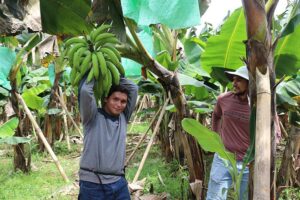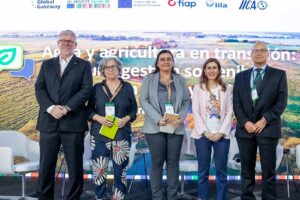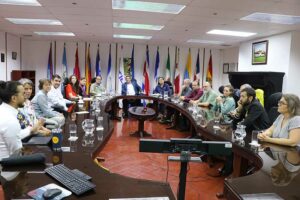Families in the Central American Dry Corridor to Manage Over 10 Million Liters of Rainwater for the Dry Season
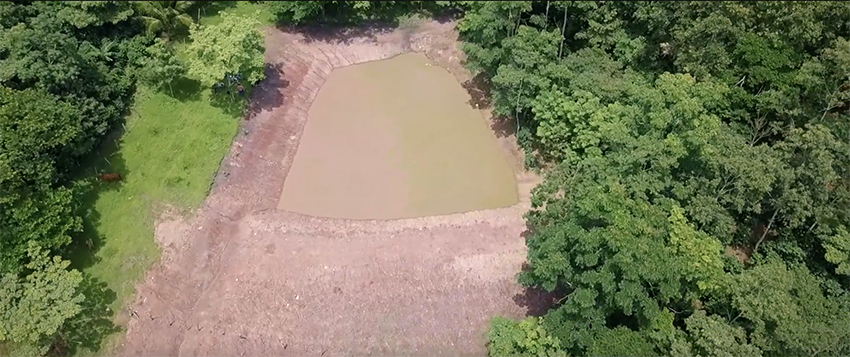
- CATIE, through the ESCALAR project, promotes rainwater harvesting by collecting natural runoff in reservoirs as a measure of climate adaptation and resilience in the Trifinio region.
The ESCALAR project: Scaling Up Climate Change Adaptation Solutions for Resilience and Migration Reduction in the Central American Dry Corridor, implemented by CATIE (Tropical Agricultural Research and Higher Education Center), with support from Swedish Cooperation, promotes Agricultural Innovation for Climate Adaptation (IApA): Rainwater Harvesting by collecting natural runoff in reservoirs; as a proposal for resilience to the effects of climate change and variability, aiming to strengthen the livelihoods of families in the Central American Dry Corridor in El Salvador, Guatemala, and Honduras.
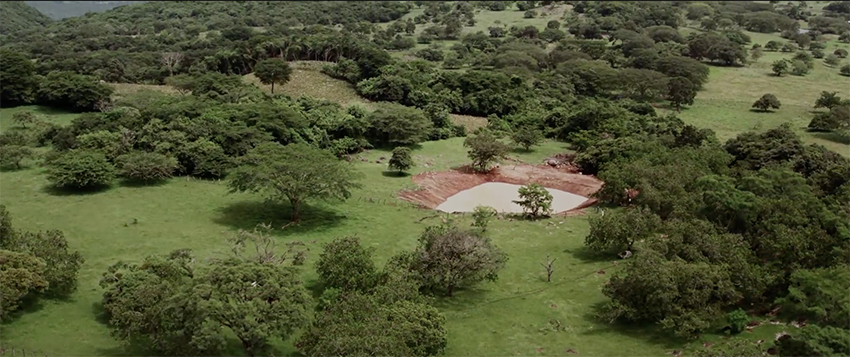
For the construction of these works, CATIE employs the site selection methodology, which is based on conducting a hydrographic and topographic analysis of the recharge zone, a method successfully proven in the Dry Corridor of Nicaragua with the Water Harvesting project. Currently, this IApA is part of the innovation package of the ESCALAR project as a proposal for climate adaptation and resilience.
The construction of these systems requires a minimum of eight hours of bulldozer tractor work and two hours of compact roller work, and they have a storage capacity of 500 m3, a volume that allows maintaining a herd of 15 to 20 animals during six months of summer. Since the implementation of these systems, capacity building around planning for the use of harvested water for productive purposes has been promoted with technical teams, service providers, and producer families in the territory. It is worth highlighting that these systems also provide ecosystem benefits such as the recovery of tree cover, improved rain infiltration, and reduced soil erosion, which positively impacts the recharge of underground aquifers and provides water to the territory for its biodiversity.
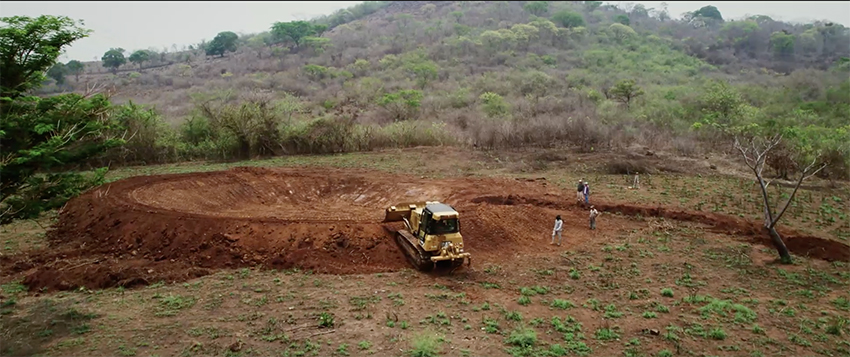
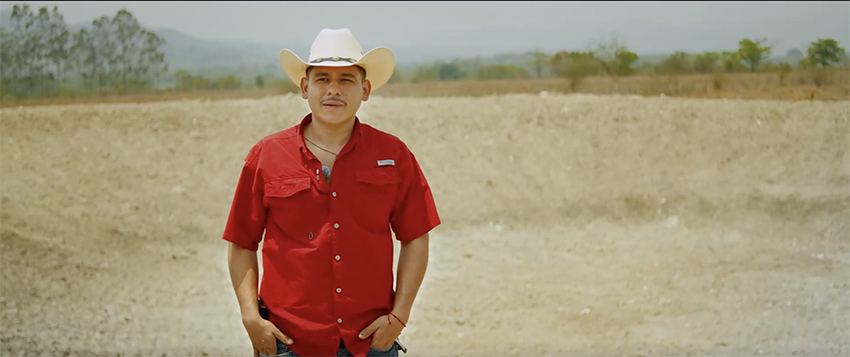
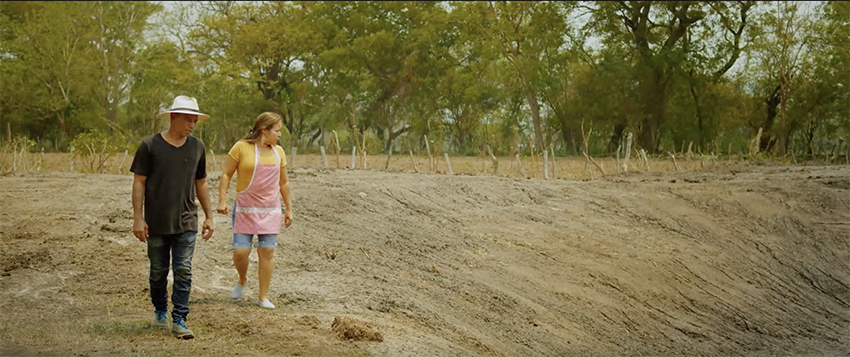
With the construction of 31 rainwater harvesting systems during 2024, 10,150 cubic meters, equivalent to 10,150,000 liters of rainwater, will be managed, to be used by producer families in the three countries: El Salvador 42%, Guatemala 29%, and Honduras 29%, during the dry season to provide alternative irrigation to agricultural crops, pastures, water for cattle, and other productive activities.
As part of the process, the ESCALAR project has strengthened the capacities of 50 people, including technical teams, service providers, and producer families in the territory, for the process of site identification and selection; reservoir design and construction; and budgeting and water use. All of this aims to maximize the use of the liquid throughout the year, promoting the sustainable development of the territory.
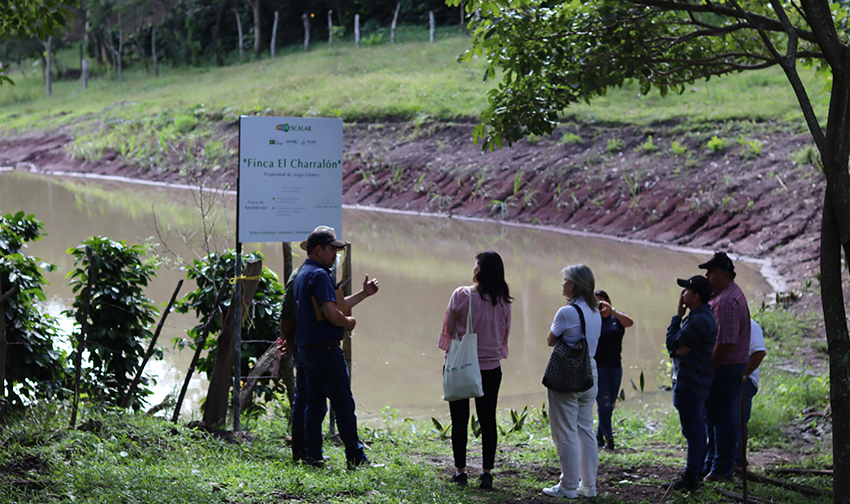
El Charralon Farm, Sensenti, Honduras
For more information, we invite you to watch the following video: https://youtu.be/TvRWhEjoq5c
More information:
Amílcar Aguilar
Territorial Coordinator
ESCALAR Project
CATIE
aaguilar@catie.ac.cr
José Gabriel Suchini
Specialist in the production of basic grains in agroforestry systems and the use of bio-inputs.
ESCALAR Project
CATIE
jsuchini@catie.ac.cr
Written by:
Donaji Garcia
Development Communication Specialist
ESCALAR Project
CATIE
donaji.garcia@catie.ac.cr

